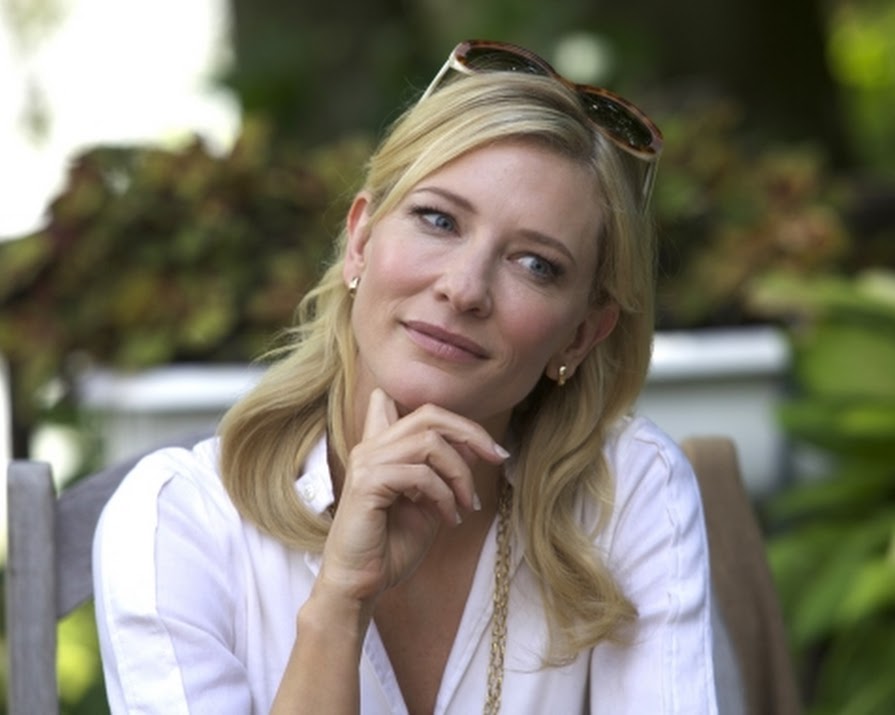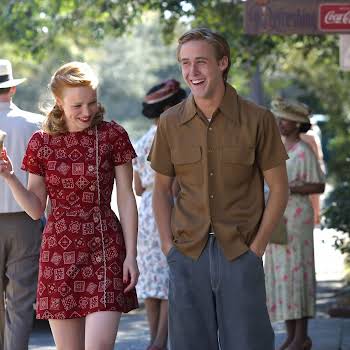By Bill O'Sullivan
01st Oct 2013
01st Oct 2013
In Cate Blanchett Woody Allen has perhaps found his lifeline back to good filmmaking. Blue Jasmine sees him return to what he knows best – New York, neurotic women and the inevitable comedy of errors that ensues when they’re combined. Blanchett plays Jasmine, a former New York socialite whose Madoff-like husband (played by a pitch-perfect Alec Baldwin) has been caught, leaving her to sell everything and move to San Francisco to live with her sister. Blanchett delivers a performance of a life-time and is a certain favourite for the Oscars. Now penniless and trying to recover from a supposed nervous break-down, Jasmine pops anti-depressants, throws back vodka and tries to learn how to ‘use the computer’ in an effort to achieve something ‘substantial.? But being able to discern the difference between the substantial and the in-substantial is what is at the centre of Jasmine’s predicament, as she is unable to get over her tragedy, reluctant to give up on the idea of a make-believe life. The movie toys beautifully with this idea, the deceptive appearance of things, the unquantifiable substantiality of others. After a long time Woody Allen is back to placing his sentimentality on a subject worthy of it, that rings true.
Roisin Agnew @Roxeenna























